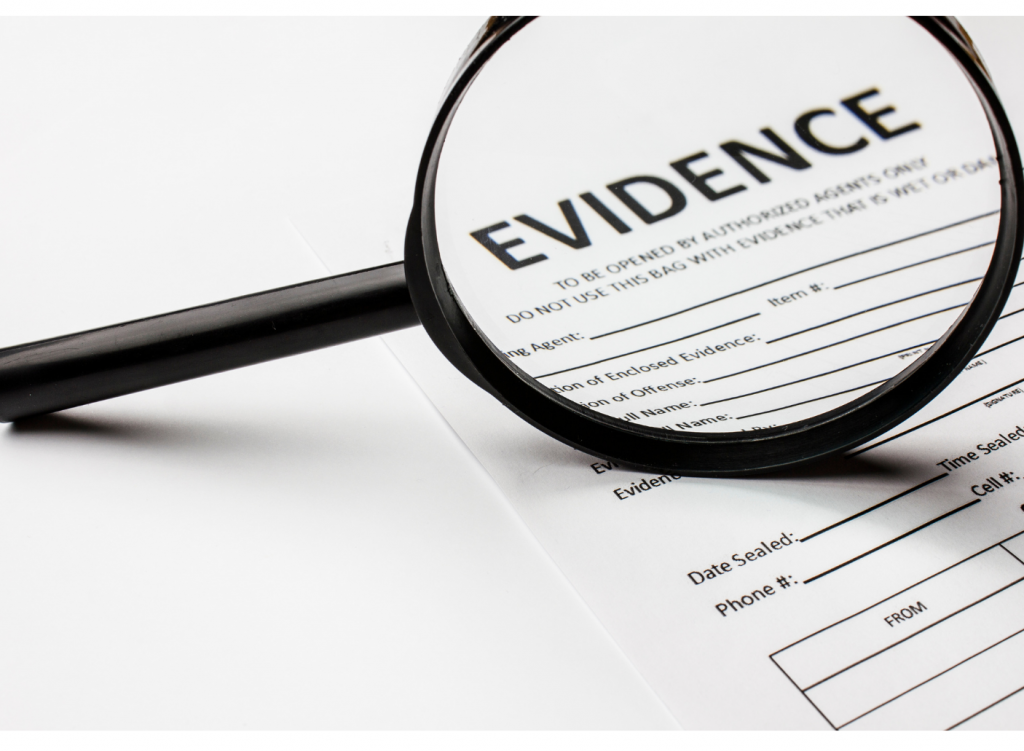Introduction (Forensic psychiatry in legal proceedings)
At the intricate intersection of law and mental health, forensic psychiatry emerges as a pivotal discipline, wielding a profound influence on legal proceedings. This article aims to provide both legal and medical professionals with key insights into the crucial role that forensic psychiatry plays within the legal system.
Understanding Forensic Psychiatry:
Forensic psychiatry is a specialised field that combines principles of psychiatry and law. It involves the application of psychiatric expertise to legal issues, bridging the gap between mental health and the justice system. Forensic psychiatrists are trained to assess individuals involved in legal cases, offering insights into mental health conditions, behavioural patterns, and the potential impact on legal proceedings.
Key Insights for Legal Professionals:
Evaluating Capacity:
Forensic psychiatrists play a central role in evaluating the mental capacity of individuals involved in legal cases. This assessment determines whether a person has the mental capacity to stand trial, make legal decisions, or participate in legal proceedings.
Criminal Responsibility:
Assessing criminal responsibility is another critical aspect. Forensic psychiatrists examine the mental state of individuals at the time of the alleged offence, determining if a mental disorder affected their capacity to understand the consequences of their actions.
Risk Assessment:
Forensic psychiatrists contribute to risk assessments, providing insights into the potential for future harmful behaviour. This information is vital for legal professionals for thinking related to sentencing, parole, or other legal interventions.
Expert Testimony:
Forensic psychiatrists often serve as expert witnesses in court, offering their professional opinions on mental health issues. Their testimony can significantly impact legal proceedings, providing judges and juries with valuable insights into complex psychiatric matters.
Key Insights for Medical Professionals:
Legal Standards and Procedures:
Medical professionals working in forensic psychiatry must have a thorough understanding of legal standards and procedures. This includes knowledge of relevant laws, court protocols like the criminal or civil procedure rules, and the ethical considerations unique to the intersection of mental health and the legal system.
Effective Communication with Legal Teams:
Collaboration with legal professionals is crucial. Forensic psychiatrists need to communicate complex psychiatric concepts in a way that is accessible to legal professionals, facilitating a shared understanding of the mental health issues at hand.
Thorough Assessment Protocols:
Forensic psychiatric assessments require a meticulous and comprehensive approach. Medical professionals employ standardised assessment protocols to ensure the accuracy and reliability of their evaluations.
Continuing Education:
Given the dynamic nature of both psychiatry and the legal system, ongoing education is essential. Medical professionals in forensic psychiatry should stay abreast of developments in both fields, ensuring that their expertise remains current and relevant.
Challenges and Considerations:
While forensic psychiatry is an invaluable tool within legal proceedings, it comes with its own set of challenges. Balancing the need for psychiatric insights with legal standards, ensuring objectivity in assessments, and navigating ethical dilemmas are common challenges faced by professionals in this field.
Conclusion:
Forensic psychiatry stands as a bridge between the realms of mental health and the legal system, offering indispensable insights that shape legal decisions. For legal professionals, understanding the nuances of forensic psychiatry can enhance the fairness and effectiveness of legal proceedings. Simultaneously, medical professionals in this field play a crucial role in upholding the integrity of their assessments, ensuring that the intersection of psychiatry and law is navigated with precision and ethical responsibility. The collaboration between legal and medical professionals in forensic psychiatry is essential for fostering a legal system that considers and respects the complexities of mental health.
